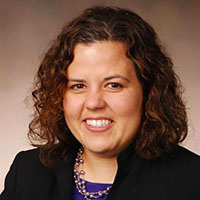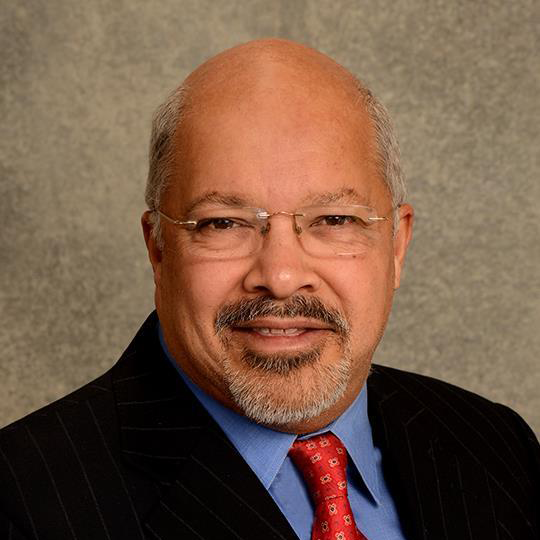If it seems like many of your friends and family are sick right now, they’re not alone. Cold and flu season is off to a roaring start, and is on track to be especially fierce as respiratory viruses surge among children and older populations.
“What we’re seeing now is what we would normally see before COVID-19, but with more vengeance,” explains Michelle Barron, MD, a professor of infectious disease in the University of Colorado School of Medicine. “I don’t know that it had the same attention before COVID, but now people are paying attention. There’s a lot more scrutiny because of an awareness that didn’t really exist before.”
She adds that precautions people took to reduce their risk of COVID-19 exposure also gave them a certain level of protection against flu and respiratory viruses, including respiratory syncytial virus (RSV).
“For the last two years, we just haven’t been exposed as much,” Barron says. “An analogy is if you previously ran a marathon but then haven’t trained for two years, you probably can’t get up and just run one again. You have to do some training to get back to where you were before. So, it’s not that our immune systems don’t know what to do, they just haven’t done it in a while and are having to remember what to do. When viruses hit now, our immune systems are saying, ‘Do I know you?’ They’re not attacking with the same force as ‘I know who you are, I know exactly what to do.’”
Surge in RSV
Clinicians and researchers have had an idea that this cold and flu season would hit hard and fast because the northern hemisphere follows the southern in terms of respiratory virus outlook, and countries south of the equator experienced an early and serious flu season at the beginning of 2022.
“Australia is who we pay attention to a lot, even pre-COVID, in terms of flu cases, and their flu season is a hint to us in terms of what our season will look like,” Barron explains. “They saw a flu uptick in early April, which would be equivalent of early October for us, and peaked in May and June, which would be our November and December.”
The recent surge in RSV cases, particularly among babies and toddlers, has drawn significant attention to a virus that is associated with as many as 80,000 to 100,000 hospitalizations of children under age 5 in the United States annually, says Eric Simões, MD, a clinical professor of pediatric infectious diseases in the CU School of Medicine.
“Everyone gets RSV all the time, but small babies are especially impacted because they’ve got narrower airways,” Simões explains. “RSV causes a lot of mucus production in small babies who have never seen the virus before.”
As with a number of other respiratory viruses, the masking and social distancing that people did during the COVID-19 pandemic contributed to a dramatic drop in RSV diagnoses worldwide, “but if you prevent RSV infection in the whole population, there’s no population immunity,” Simões says. “If you don’t have antibodies for a whole year, you can imagine that there’s going to be a lot of RSV when masking mandates are lifted and that’s exactly what happened last year. RSV is typically a winter virus, but last year we had a summer surge.”
Growing number of cases
While the surge in flu, RSV, and other respiratory viruses is currently most intense in the southeastern United States and in coastal areas, “do not get cocky,” Barron says. “History is on our side in that we know this is how it goes: Surges start in the southeast or on the coast and then spread into the rest of the country. It’s coming here.”
In fact, Colorado hospitals are seeing increased numbers of pediatric patients with RSV, an upward trend that is expected to continue is the coming weeks.
One of the most important things people can do right now is get or stay updated on vaccinations, Barron says. “We’re not anticipating increased mortality, but even in a normal year we still see 20,000 to 30,000 flu deaths in the United States. Sure, the flu vaccine doesn’t always keep you from getting the flu, but it keeps you out of the hospital. It’s existed for 50 plus years, it’s very well-tolerated, and it works.”
While there currently isn’t an RSV vaccine, there are monoclonal antibodies for RSV. In addition, Simões is currently leading two open studies for which participants are being recruited, one evaluating a potential medicine to prevent RSV in healthy pre-term and full-term infants, and one evaluating the safety and tolerability of clesrovimab compared to palivizumab in infants and children at increased risk for RSV.
“A key point right now is if you are feeling sick, don’t just assume it’s COVID,” Barron says. “There are other things that are circulating, and there are treatments for flu and COVID that hopefully will prevent pneumonia. If you’re having trouble breathing, get help right away. And don’t delay getting your flu shot.”





